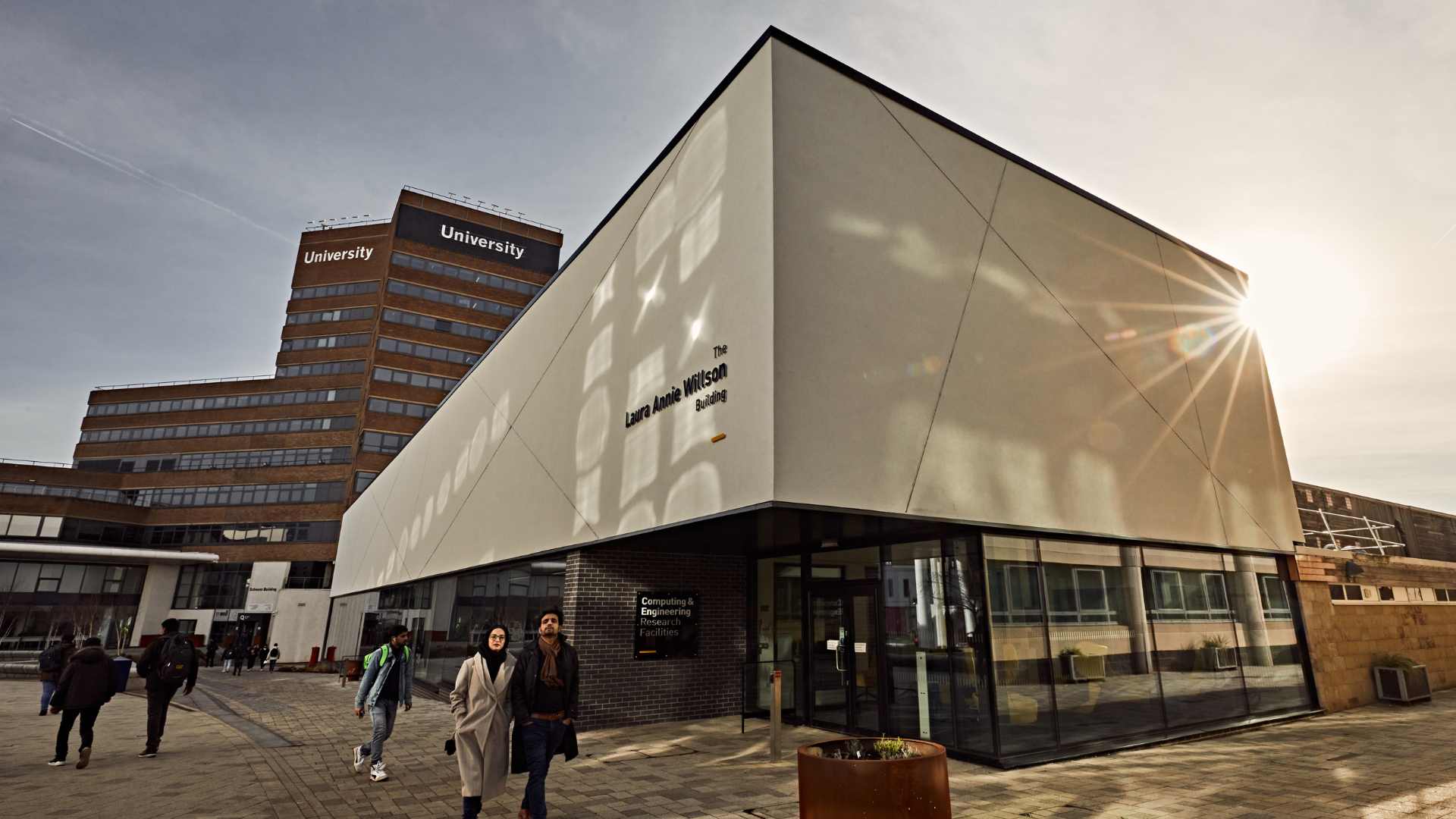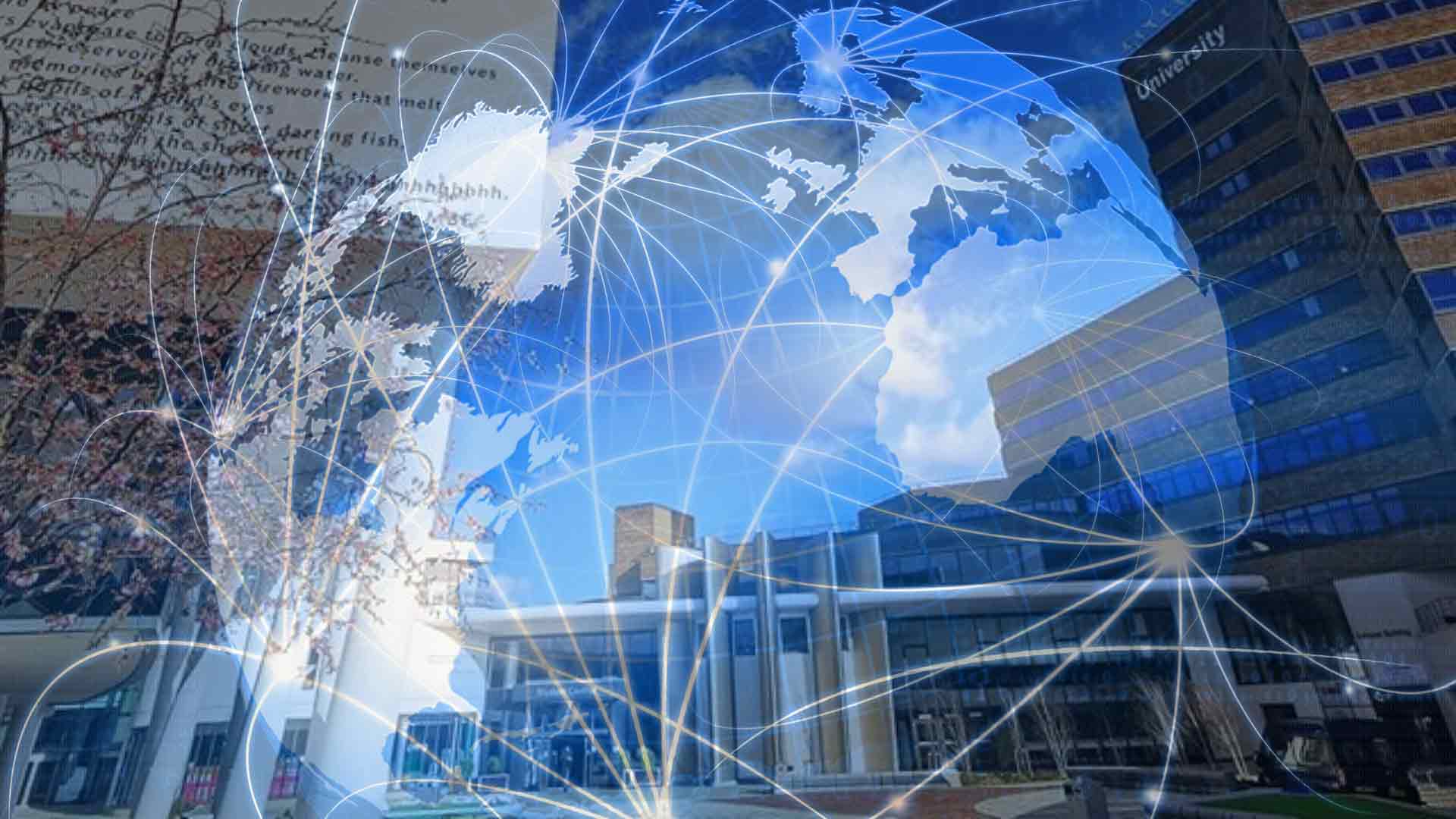
Centre for Autonomous and Intelligent Systems
Welcome to the Centre for Autonomous and Intelligent Systems at the University of Huddersfield
The research area of Autonomous and Intelligent Systems (AIS) focuses on developing intelligent machines capable of independent decision-making and task execution, with the main objectives of enabling agents to perceive, understand, and interact with their environment. While it has a strong focus on the field of Artificial Intelligence, the autonomous and intelligent systems research field is highly interdisciplinary, that combines principles from computer science, engineering, mathematics, robotics, and cognitive science to create innovative solutions with real-world applications.
Autonomous and Intelligent Systems are being used in a wide range of applications, including healthcare, transportation, and manufacturing. As we are currently witnessing an AI-based revolution, it is clear that the research area holds immense potential to transform industries and, to a great extent, societies, and improve the quality of life. Ongoing research aims to foster a future where intelligent machines coexist with humans in a beneficial and responsible manner.
Research Themes

Healthcare
CAIS focuses on developing AI-based healthcare solutions that are ethical, effective, and enhance the quality of life.

Resilience
CAIS looks at the ability of communities and infrastructure worldwide to withstand disruptions or to quickly recover from them.

Transport
CAIS designs and develops advanced techniques for urban traffic control, railway, and multi-modal mobility.
More about the Centre
Our Team
The Centre consists of a team of academic staff and research assistants, all of whom are experts in their field
Facilities and Equipment
Learn more about the equipment used by the Centre
Outputs
See for more information about the outputs from the Centre
Contact Us
Get in touch with us